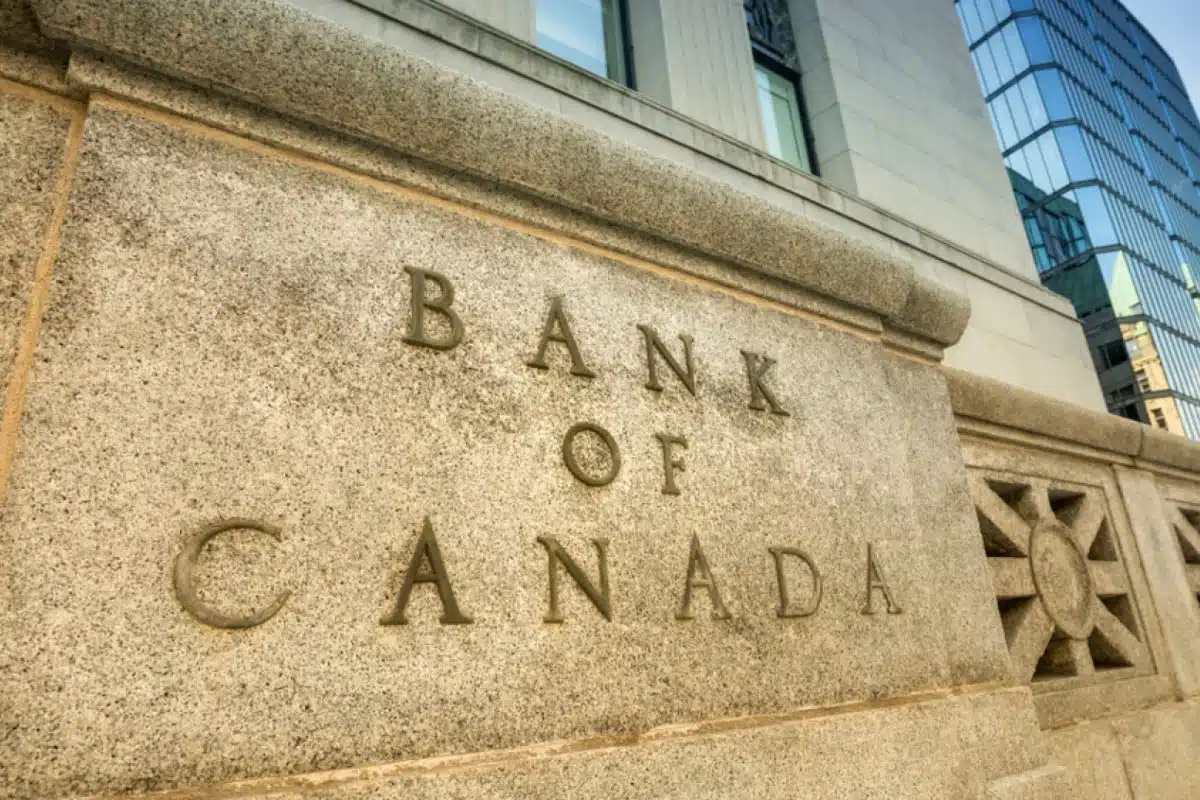Despite the widespread expectation that a rate reduction will occur in July, economists have emphasized how important it is for the Bank of Canada to proceed with caution during its easing cycle. Considering the significant risks posed by ongoing inflationary pressures, they recommend that the bank take a more gradual approach.
Economic Risks Remain at a High Level
The trade relationship that Canada has with the United States is closely connected to the country’s currency. House prices are at risk of experiencing a sudden spike due to the persistent demand for housing in the country, which presents a persistent risk. In addition, wage inflation in Canada has been growing at a rate that is higher than the rate of improvement in consumer prices.
Economists and analysts agree that potential inflationary pressures that could arise as a consequence of a more rapid reduction in interest rates could undermine the progress made in controlling inflation.
“I believe that the Bank of Canada (BoC) should be and continues to be highly concerned about their ability to reduce inflation successfully,” said Pedro Antunes, the chief economist at Conference Board of Canada, an independent think tank.
The Bank of Canada lowered its interest rate to 4.75 percent on Wednesday, marking the first decrease in more than four years. This move comes after the rate reached its highest point in over twenty years, which was five percent, the highest possible level.
The announcement incited a heightened level of anticipation for a subsequent reduction in interest rates in July, which would be followed by a reduction to 4% by the end of the year.
However, if the bank continues to implement successive reductions, there is a possibility that this will intensify inflation. The outcome of interest rates in the United States is a significant concern that needs to be addressed. As far as Antunes is concerned, this has a substantial impact on the fight against inflation.
The United States accounts for a sizeable portion of Canada’s imports, so the Canadian dollar is highly dependent on trade with the United States. If interest rates in Canada fall while they remain unchanged in the United States, the Canadian currency will experience a decline in value, and the cost of imports will typically rise, which will ultimately result in an increase in inflation.
“Antunes mentioned that due to the current situation of the Federal Reserve, we can expect gradual decreases in interest rates in Canada,” he explained to reporters.
Any Change in Rates Has to Be Very Cautious
At the same time that interest rates are falling, economists believe that the Bank of Canada ought to consider the possibility of an increase in the demand for housing. Craig Alexander, the president of Alexander Economic Views, an independent organization that conducts economic research, brought this particular point to light.
Although the demand for housing in Canada has been halted mainly due to increased interest rates, the urgent need to construct homes as quickly as possible has remained.
According to an analysis by the Royal Bank of Canada, an average of 315,000 additional housing units must be built annually between now and 2030 to meet the growing demand for housing.
As Phil Soper, the chief executive officer of Royal LePage, a real estate developer, stated, the reduction in interest rates is anticipated to stimulate activity and potentially drive up home prices in the latter part of the year.
Economists and analysts frequently mention wages as a potential catalyst among the possible factors that could reignite inflation.
In April, the average hourly wage growth for permanent employees increased by 4.8%, while consumer price development slowed down, reaching 2.7%. Both of these trends co-occurred.
“Individuals are receiving higher compensation.” What exactly is the problem with that? Brooke Thackray, a research analyst at Global X, a company that manages funds, has stated that Canada is currently experiencing a decline in the amount of productivity that each individual achieves.
According to his statement, wage growth continues to directly impact inflation figures during periods of low productivity despite being a lagging indicator that does not forecast future trends.
During the announcement of his policy decision, Governor Tiff Macklem of the Bank of Canada acknowledged that the rise in housing prices and wage growth may present obstacles to his efforts to bring inflation under control and reduce policy rates more effectively.
According to Alexander’s Economic Views, the process of readjusting monetary policy will be relatively lengthy.


